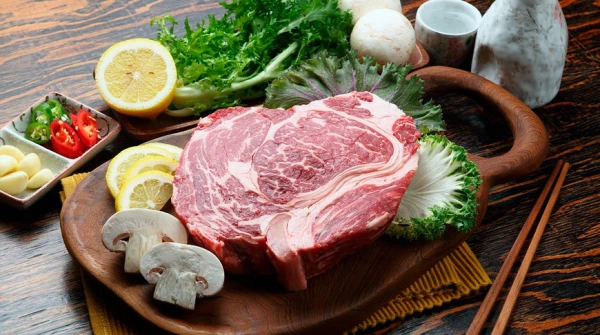
Even familiar foods that we eat every day can negatively affect the body if consumed in excess. Let's explore which foods should be monitored to maintain health and prolong life.
Green Tea: Benefits and Caution
Green tea is known for its antioxidant properties; it stimulates brain function, supports the cardiovascular system, and helps control weight. However, it is important to pay attention to the quality of the drink: packaged options and additives can negate the benefits.
Even natural green tea contains caffeine and theine, which in large amounts can raise blood pressure and put a strain on the nervous system. Experts recommend drinking it in moderation, especially for people with hypertension or a sensitive nervous system.
Interesting fact: In India, brewing green tea is considered a true ritual, and improper brewing has traditionally been seen as dangerous to health.
Garlic: The Power of Flavor in Moderation
Garlic is a beneficial product that strengthens the immune system, normalizes blood pressure, and lowers cholesterol levels. However, it contains sulfur and copper compounds, an excess of which can negatively affect nerve cells.
Research shows that excessive consumption of garlic can slow down a person's reaction and create additional strain on the body. The recommended dose is no more than one clove per day to retain its benefits and avoid risks.
Freshly Squeezed Fruit Juices: Vitamins Without Fiber
Freshly squeezed juice seems healthy, but in its pure form, it contains only fructose and has virtually no fiber. Regular consumption of juice on an empty stomach can cause a sharp increase in acidity, which is dangerous in cases of gastritis, ulcers, and pancreatitis.
To maximize benefits, it is better to consume whole fruits or dilute the juice with water, not exceeding a portion of 150–200 ml at a time.
Red Meat: A Source of Protein and Risk
Red meat is rich in protein, iron, zinc, and B vitamins, but studies show that excessive consumption can shorten lifespan. For example, an additional serving of unprocessed red meat per day increases the overall risk of death by 13%.
The reason is likely due to saturated fats and high sodium content. To reduce risk, choose cooking methods with minimal fat: stewing, baking, or grilling.














Leave a comment